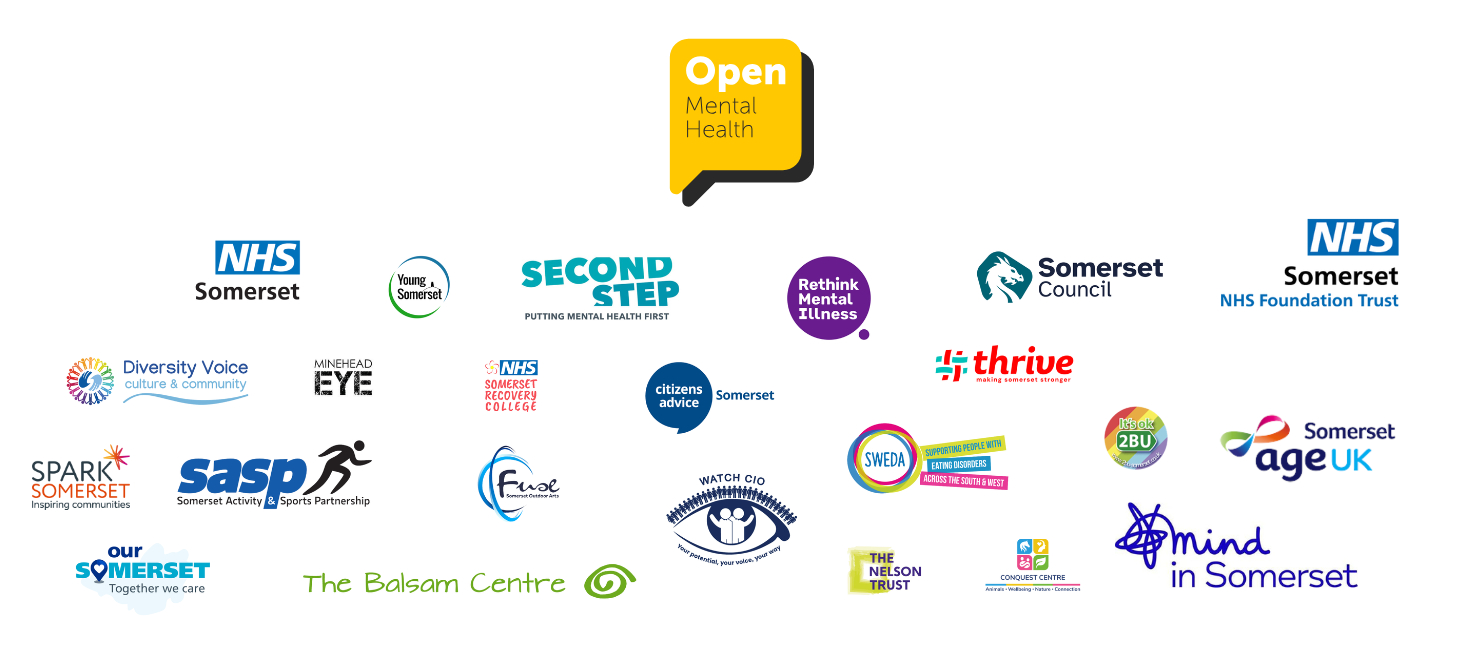
The lived experience of mental health challenges is a difficult and intensely personal journey. For some, like Hamish, that hard-won knowledge becomes a powerful tool for helping others. Hamish is a volunteer Peer Mentor with Peer Connections, a Rethink Mental Illness service that is part of the Open Mental Health alliance.
Hamish’s story powerfully illustrates the value of peer support from both sides—as someone receiving it and someone giving it.
A New Direction
Hamish’s journey into peer support began after his second hospitalisation. It was there that he met peer workers for the first time. “They were really good,” Hamish recalls, “amazing and really helpful.”. That positive experience planted a seed. “It just sort of made me think, ‘Oh, I wonder if I could do this?’”.
Encouraged by others who thought he would be good at it, Hamish decided to explore a new career path focused on peer work.
Learning the Ropes with WATCH CIO
The first step was finding the right training. Hamish’s mum saw something about the WATCH CIO’s Peer Foundation Course, and he signed up. He found the course to be the perfect entry point.
“It was good because it was run by people who had had experience of mental health issues,” Hamish says, which made it “relatable from the beginning.”. He found the pace was good, nothing felt rushed, and it gave him a “much more solid understanding” of the peer worker role. Crucially, it also helped to build his confidence.
It was during the WATCH course that a link was shared for a voluntary position with Peer Connections, and Hamish successfully applied.
Walking a Shared Path
Alex Nelson, the Senior Project Officer with the Peer Connections service, remembers his first chat with Hamish. “When we first spoke, I was struck by how openly he was able to talk about quite challenging lived experience at his age,” Alex says. “There aren’t many males in his age group who can talk about what’s happened to them so openly, so honestly, and so powerfully without consequence. That by itself was what made me think he’s got talent to support people.”.
When the time came to meet his first mentee, Hamish says he was “quite nervous, but kind of cautiously optimistic at the same time.”. The connection wasn’t instant. “At first we had quite a lot of longish silences,” he recalls.
But as they talked, a powerful connection formed around their shared experiences. Both Hamish and his mentee had bipolar disorder and possible autism, and they were even on the same medication. This, Hamish believes, was the key. His mentee was able to “relax properly” because Hamish wasn’t a clinician, and because he had direct, personal experience of what his mentee was going through.
Alex notes that those initial silences may have been a gift. “Isn’t there merit in a beautiful silence where no one feels the need to speak?” Alex asks. “Where you let people take the time to think what they want to say next.”.
Hamish agrees. “He’d often come out with something unexpected. So I think that was often quite useful, actually. Maybe other people just hadn’t given him the opportunity to process what he wanted to talk about next.”.
The results of this approach were profound. The mentee, who had previously engaged with multiple clinicians and services, described Hamish’s support with a simple yet powerful quote: “This is the best support I’ve had.”
A Bigger and Better World
For Hamish, the rewards of peer support are a two-way street. He has always wanted to help people, and finds his volunteering work as a peer mentor highly rewarding.
“I can speak to a mentee and help them understand that they’re not the only one going through what they’ve gone through. But it also helps make me realise that I’m not alone either,” he explains.
Alex sees this mutual connection as the essence of peer support. “You walk away having connected with someone, and the fact that you can connect with one person means there are more people out there you will be able to connect with. To me, it’s counter-isolationism, it’s counter-loneliness, and it’s more community. Your world is bigger.”
For Alex, seeing mentors like Hamish turn their difficult experiences into a way of giving back is proof of how effective peer mentoring and peer support can be. “Seeing people like Hamish come through the system, come from the inpatient ward, come to the point where they’re helping others and giving back, to me that reinforces that what we’re doing here actually works.”
Want to Know More About Peer Connections?
If you would like more information, please get in touch with susan.hunter@rethink.org or alexander.nelson@rethink.org.
